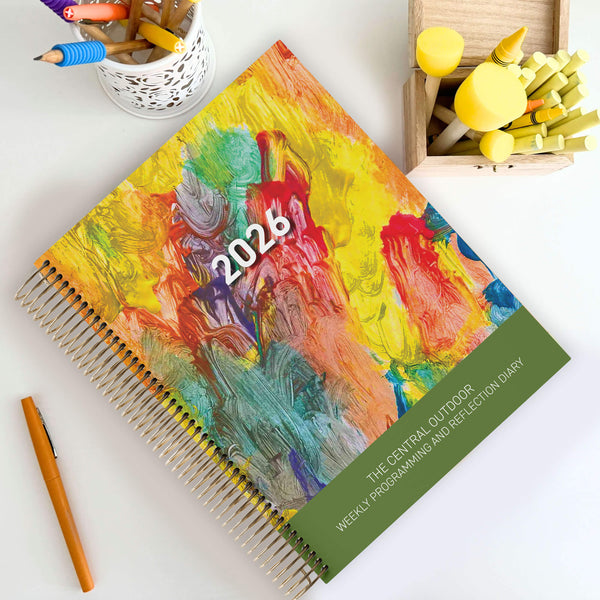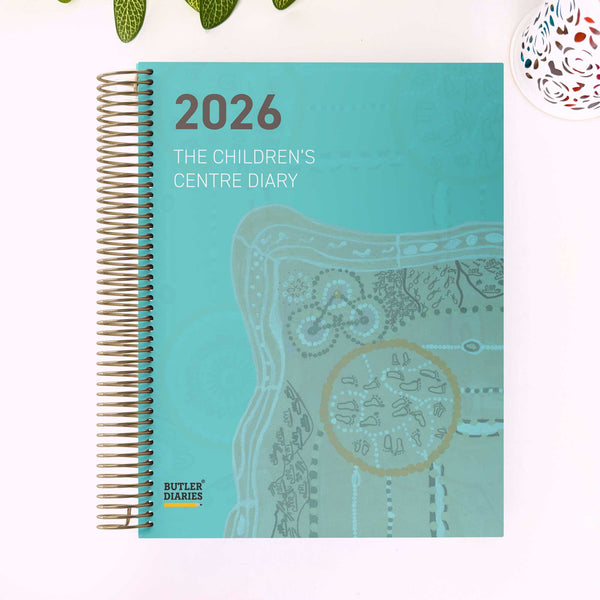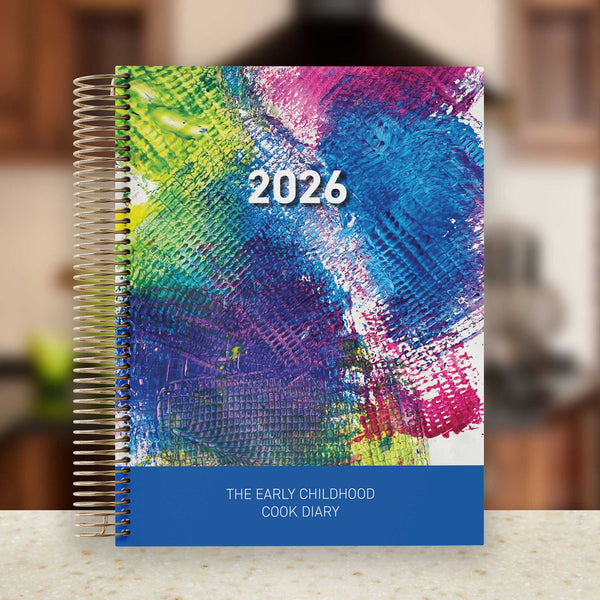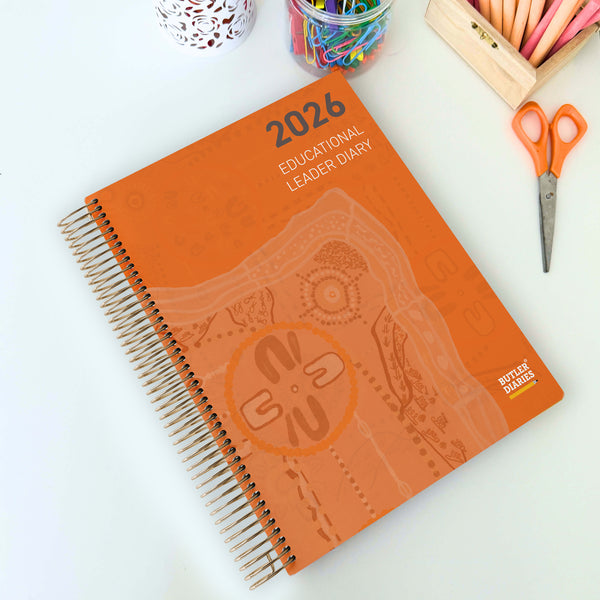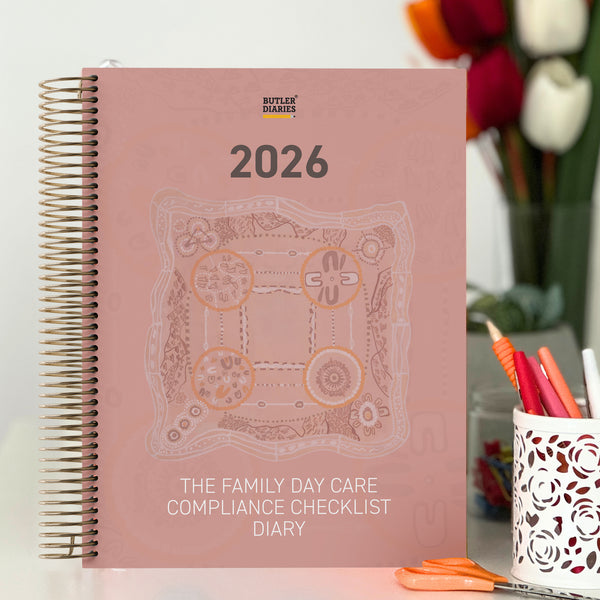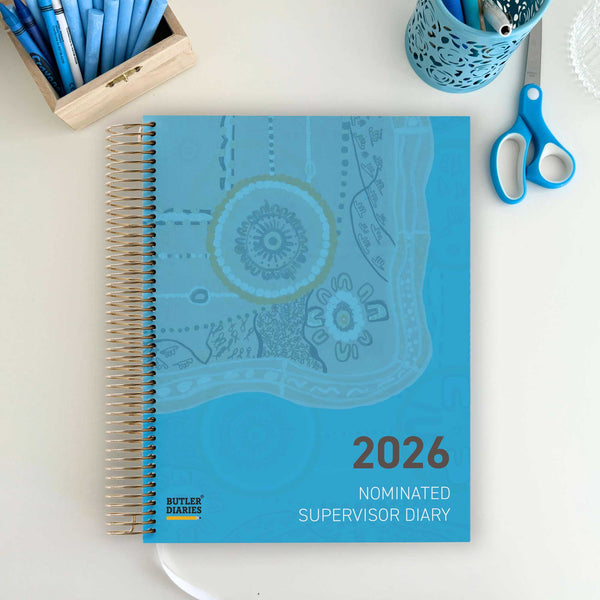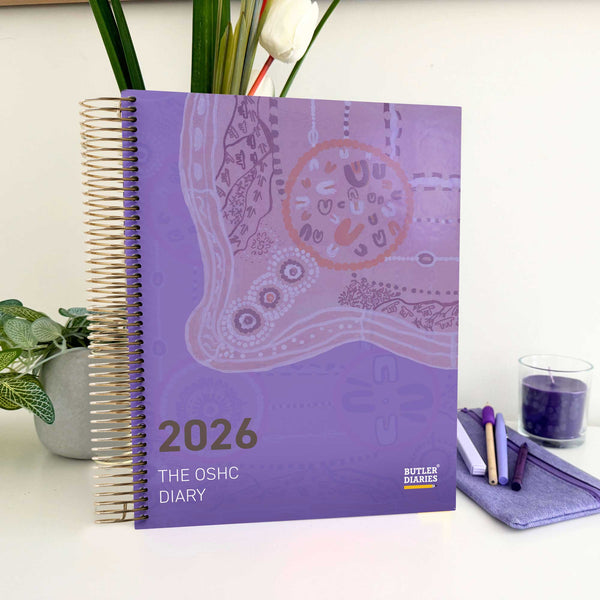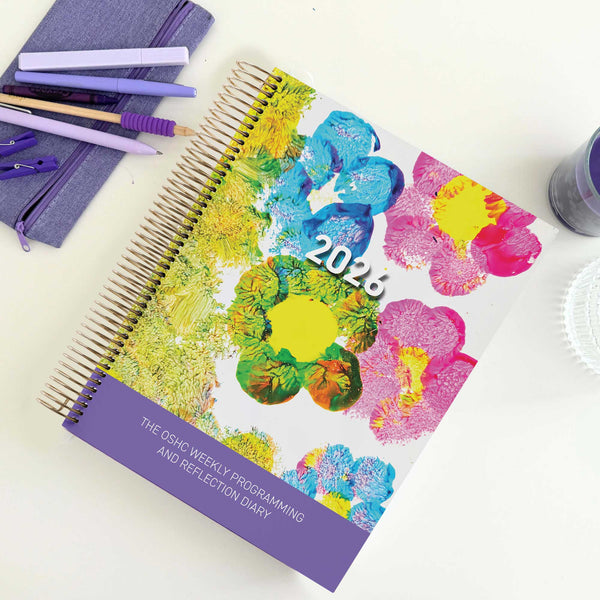The National Quality Framework (NQF) is a cornerstone of Early Childhood Education and Care (ECEC) in Australia. It was established to provide consistent, high-quality early learning and care across the country. For educators, understanding the NQF is crucial—it not only guides your day-to-day practices but also shapes the broader goals of the learning environment you provide for children.
This blog explores the core components of the NQF and its impact on your role as an educator, helping you navigate its requirements while ensuring you contribute to meaningful outcomes for children.
What is the National Quality Framework (NQF)?
The NQF is a national system introduced in 2012 to improve the quality of ECEC services in Australia. It is designed to provide children with the best possible start in life by enhancing their learning, development, and wellbeing.
The NQF consists of four key elements:
-
The National Law and Regulations
These set the legal foundation for ECEC services, outlining essential requirements for safety, educator-to-child ratios, educational programs, and qualifications. -
The National Quality Standard (NQS)
The NQS establishes seven quality areas that guide the practices and operations of ECEC services:- Educational program and practice
- Children's health and safety
- Physical environment
- Staffing arrangements
- Relationships with children
- Collaborative partnerships with families and communities
- Governance and leadership
-
The Approved Learning Frameworks
Frameworks like the Early Years Learning Framework (EYLF) and My Time, Our Place (MTOP) guide curriculum planning and ensure a focus on outcomes like identity, wellbeing, and communication. -
The Assessment and Rating Process
Services are assessed and rated against the NQS, receiving a rating from "Significant Improvement Required" to "Exceeding National Quality Standard." This process promotes continuous improvement.
How Does the NQF Impact My Role as an Educator?
1. Guiding Your Professional Practice
The NQF provides a structured framework for your responsibilities. Whether you're creating learning programs, ensuring children's safety, or fostering inclusive environments, the NQF offers clarity and benchmarks for success.
For example:
- The EYLF encourages educators to focus on children’s learning outcomes, such as developing a strong sense of identity or becoming confident learners.
- Regular reflection on your practices is a critical part of complying with Quality Area 1 (Educational Program and Practice).

2. Improving Outcomes for Children
By adhering to the NQF, you ensure your practices align with evidence-based approaches to early learning and care. This positively impacts children’s developmental milestones, helping them achieve their potential.
For instance:
- Following the NQS requirements for health and safety contributes to a secure environment where children can thrive.
- Embracing cultural responsiveness aligns with fostering a sense of belonging for children and families.
3. Professional Growth and Accountability
The NQF encourages ongoing learning and self-improvement. It highlights the importance of critical reflection and collaboration with colleagues to enhance service quality.
- Participate in professional development to meet qualification standards and stay updated on best practices.
- Use the Assessment and Rating process as an opportunity to reflect on your strengths and identify areas for improvement.
4. Strengthening Relationships
Strong partnerships with families and communities are integral to the NQF. As an educator, your role includes:
- Communicating with families about their child’s development.
- Building trust through respectful and collaborative relationships.
- Engaging with the broader community to create inclusive learning environments.
5. Compliance and Confidence
Understanding the NQF ensures you meet regulatory requirements and avoid compliance risks. Familiarity with policies and procedures allows you to confidently manage situations involving health, safety, and quality assurance.
How to Navigate the NQF as an Educator
- Stay Informed
Regularly review updates to the NQF, NQS, and EYLF to ensure you’re implementing the most current standards.
- Use Your Diary
A role-specific diary, such as one tailored for educators, is a valuable tool for documenting daily reflections, critical analysis, and program planning. It supports compliance with Quality Area 1 (Educational Program and Practice) and Quality Area 7 (Governance and Leadership).

- Collaborate
Work closely with colleagues and leaders to share insights, tackle challenges, and enhance your practice collectively.
- Engage in Continuous Reflection
Reflection is the heart of professional growth. Use it to evaluate the effectiveness of your learning programs, interactions, and strategies.
In Summary
The NQF is more than a set of guidelines—it’s a framework that underpins the quality and consistency of Early Childhood Education and Care in Australia. As an educator, it shapes your role by providing clear standards, fostering professional growth, and improving outcomes for children.
By embracing the NQF, you ensure that your practices contribute to a rich, meaningful, and high-quality learning environment where children can flourish. It’s a reminder that your role is not just to educate but to nurture, inspire, and empower the youngest members of our society.









